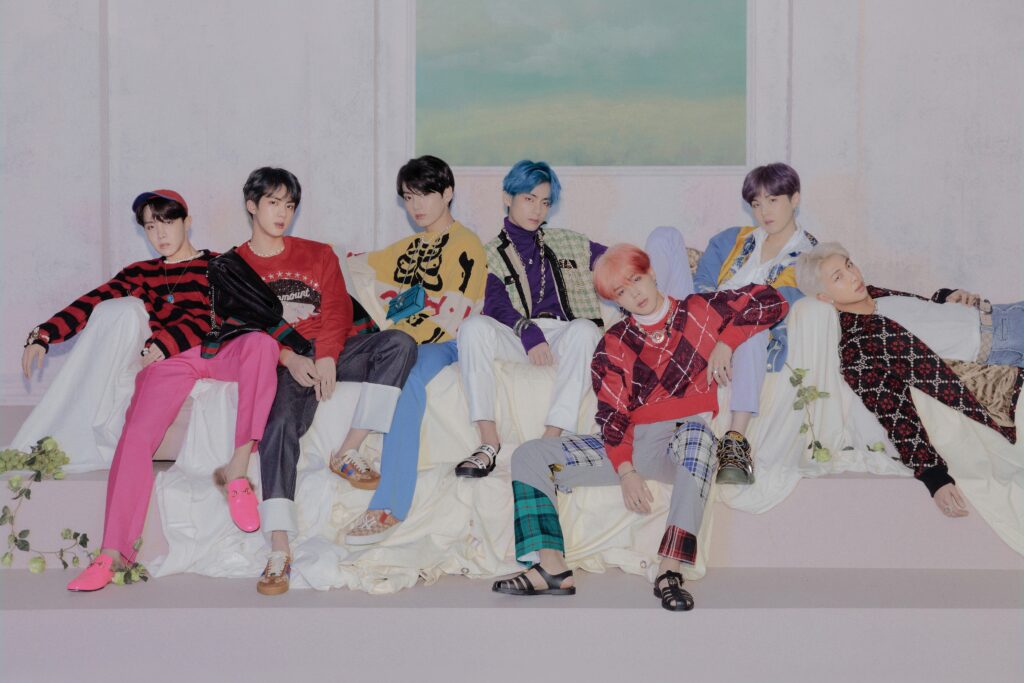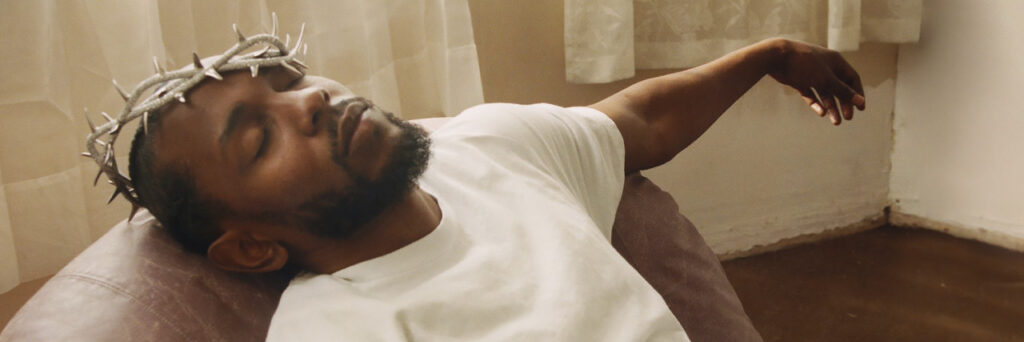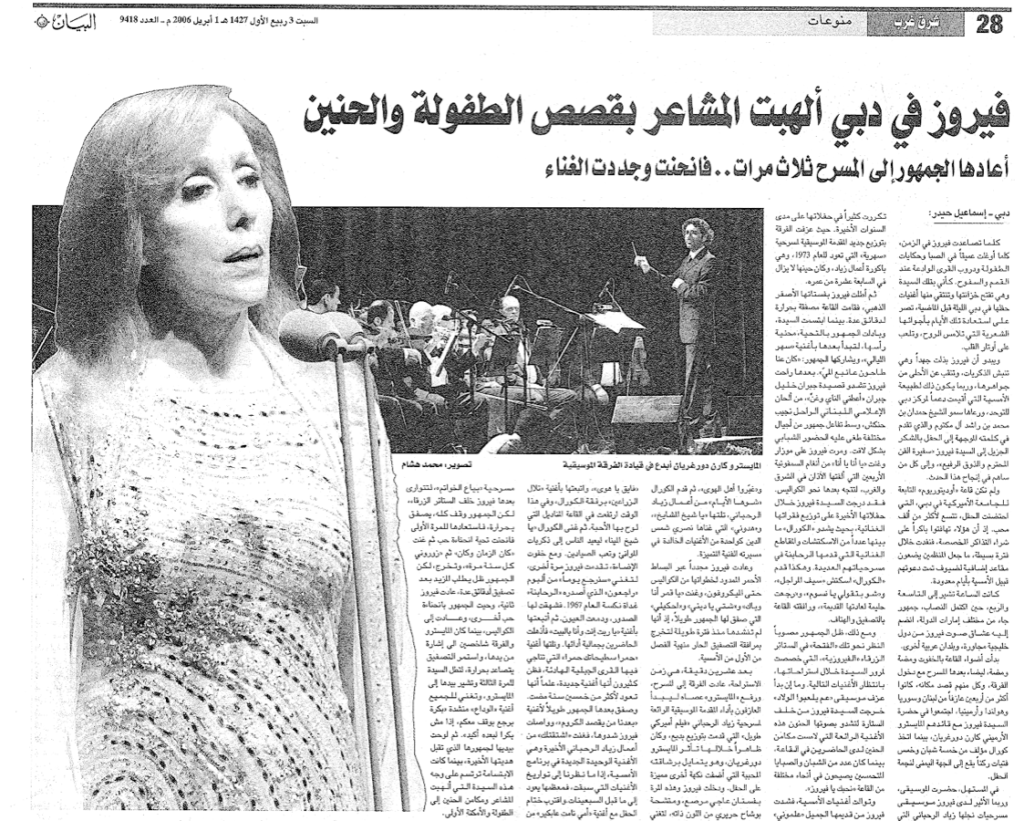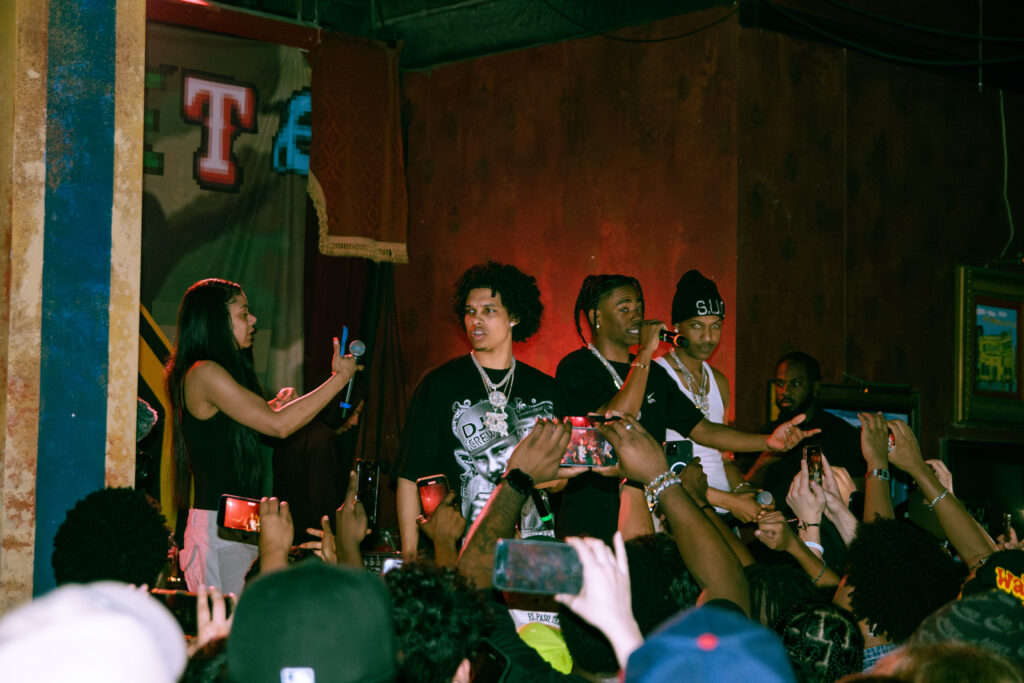Dueling Perspectives from Rock’s Cross-Band Romances
Written by Sophie Nimberger on June 21, 2024
In the realm of music, romantic entanglements among artists are not uncommon. What emerges from such connections are musical narratives that chronicle the highs and lows of love and offer unique insights into public relationships. In this exploration, we delve into the lyrical and stylistic choices of songs written by musicians about their romantic partners who belonged to other bands. Through a comparative lens, we can examine how these compositions paint contrasting portraits of the same relationship.
“Stutter” by Elastica
“Stutter,” by Elastica, is a song from their self-titled debut album released in 1995. The track features a catchy, energetic guitar riff and lyrics that express humorous frustration with a partner’s drunken impotence. “Stutter” is one of Elastica’s most popular songs, known for its infectious melody and sharp sound, which are characteristic of the band’s post-punk revival style. The tongue-in-cheek lyrics of the song are especially amusing as they showcase the band’s wit. “Stutter” is often associated with Damon Albarn, lead singer of fellow Brit-Pop band, Blur, because Justine Frischmann, Elastica’s lead singer and guitarist, was dating Albarn during the song’s release. Frischmann’s relationship with Albarn was a prominent aspect of her public image and often influenced the media’s perception of Elastica.
“No Distance Left to Run” by Blur
While “Stutter” is a mostly humorous song, Blurs’ 1997 “No Distance Left to Run” is a much more emotionally poignant ballad, released in 1999 as part of their album, 13. Written by Blur’s lead singer Damon Albarn, the song is widely interpreted as a reflection on the end of the relationship between, Albarn and long-term girlfriend Justine Frischmann. Albarn’s vulnerable vocal delivery and the stripped-down musical arrangement, enhance the song’s sentimental impact. The repetition of the phrase “It’s over” throughout the song underscores the finality of the breakup and the acceptance of the situation. On the subject of the song, Frischmann in a 2000 interview said she cried the first time she heard it and went on to express how “if he’d spent as much time giving me emotional support as he spent writing songs about not getting it, we might not have broken up.”
Overall the two songs depict a relationship at two different stages, as playfulness annoyance evolved into resentment, reflecting emotional incompatibility.
“The Hunger” by The Distillers
“The Hunger” by The Distillers is one of the most emotionally charged songs on 2003 Coral Fang album. This song in particular shows off singer Brody Dalles vocal abilities as she alternates between soft singing and crackled screaming. This song, as well as the album as a whole, detail Dalle’s feelings surrounding her tumultuous failed married with Rancid’s lead singer, Tim Armstrong. Her grief is palpable as she screeches “dont’t go” between verses. This repeats as the tension of the song builds into an intense bridge that emphasizes the pounding bass and drums. Within this bridge, amidst Dalle’s yelling, a faint “I miss you” can be heard. This detail emphasizes the complex mix of resentment and longing that can result from a divorce.
“Fall Back Down” by Rancid
While “The Hunger” conveys feelings of resignation and loss, Rancid’s “Fall Back Down” presents a more upbeat outlook on breakups. Off the bands 2003 Indestructible album, the song emphasizes the importance of friendship when one is hurt by a romantic partner. There is strong sense of certainty in Armstrong’s voice when he repeats the lines “If I fall back down, you’re gonna help me back up again.” The confident lyrics are accompanied by an upbeat tempo and major chord progression, further creating an overall sense of optimism.
Each song conveys a different perspective on post-break up feelings. One acknowledges the pain of ending a relationship while the other emphasizes the importance of moving on, showcasing how everyone copes with breakups differently.
“Doll Parts” by Hole
Although many songs off Live Through This are speculated to be about the infamous relationship between Courtney Love and Kurt Cobain, this is one of the few songs Love has confirmed to actually be about Cobain. The lyrics and title were inspired by a gift Love had given Cobain prior to them even dating, a heart-shaped box containing a doll. Love’s desire can be felt through the droning guitars and lyrics such as “They really want you, and I do too.” Since Cobain’s death, the song has taken on a much darker meaning as the lyrics about longing to be with him are now interpreted as being about missing him.
“Heart-Shaped Box” by Nirvana
Inspired by the same gift as Hole’s “Doll Parts,” “Heart-Shaped Box” from Nirvana’s 1993 In Utero album. The song was written after Cobain and Love had married and started living together. The song features one of Nirvana’s most iconic guitar riffs and Cobain’s iconic abstract lyrics. Lines such as “I wish I could eat your cancer when you turn black” create gory imagery, yet also convey a convoluted sense of love and admiration, in a way characterizing the complexities of Cobain’s marriage to Love.
The two songs are in a way united, as both titles are based off the same gift, but were written at different stages of their relationship. While “Doll Parts” is about what Love believed to be unreciprocated feelings, “Heart-Shaped Box” is about the later complicated yet passionate relationship between Cobain and Love.





